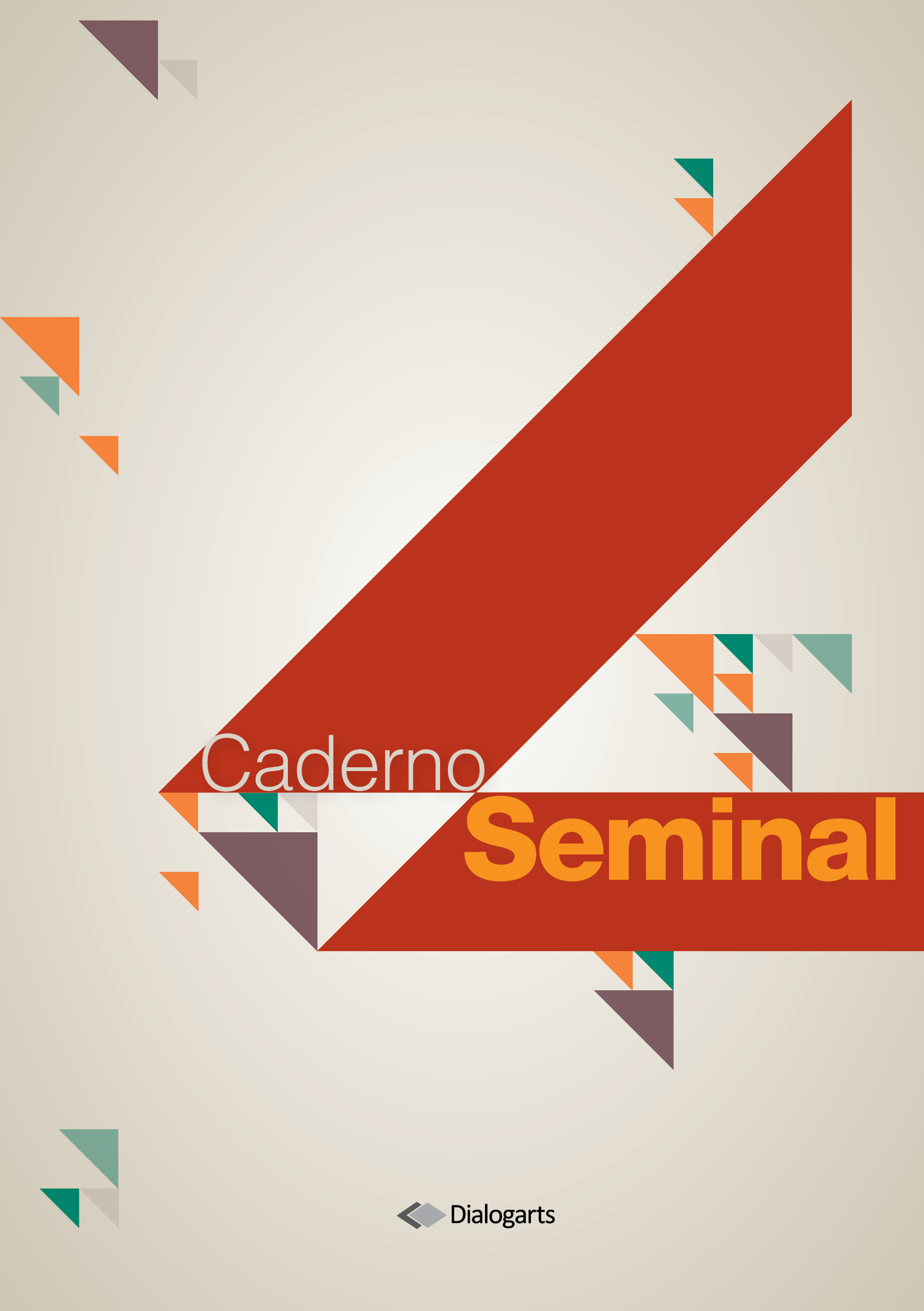TECNOLOGIAS DIGITAIS E A SUPERAÇÃO DO ENSINO TRADICIONAL DE LÍNGUA PORTUGUESA: IMPLICAÇÕES NA PRÁTICA E FORMAÇÃO DOCENTES IMPLICATIONS FOR TEACHING PRACTICE AND TRAINING
Conteúdo do artigo principal
Resumo
Este artigo tem como objetivo abordar as metodologias ativas e o multiletramento como possibilidades de superação do ensino tradicional de língua portuguesa em face dos desafios da comunicação e da interação no contexto das tecnologias e mídias digitais. A partir das concepções de metodologias ativas, multiletramento, multimodalidade e letramento digital, são examinados os papéis do professor e do aluno no ensino-aprendizagem de língua portuguesa, com suas implicações na formação docente. O presente estudo se constitui como pesquisa qualitativa, de cunho bibliográfico, a partir de revisão de literatura sobre o tema e de textos de autores que são referência no assunto. Para a abordagem do ensino de língua portuguesa e as questões de letramento e multiletramento, recorreu-se principalmente a Travaglia (2009); Soares (2017); e Rojo e Moura (2019); para a discussão de ensino tradicional, metodologias ativas e tecnologias digitais, valeu-se sobretudo de Freire (1996); Pischetola e Young (2019); Moran (2018); e Luchesi, Lara e Santos (2022). Como resultado, este trabalho aponta para a necessidade de um ensino reflexivo e produtivo de língua portuguesa que incorpore a multimodalidade e os diversos gêneros textuais para uma aprendizagem mais ativa e voltada para formação de sujeitos críticos e reflexivos.
Downloads
Detalhes do artigo
Ao submeter seus manuscritos para publicação em nossos periódicos, os autores concordam com os seguintes termos:
a. Autores mantêm os direitos autorais e concedem à revista o direito de primeira publicação, com o trabalho simultaneamente licenciado sob a Creative Commons Attribution License, que permite o compartilhamento do trabalho com reconhecimento de sua autoria e da publicação inicial neste periódico.
b. Autores têm autorização para assumir contratos adicionais separadamente, para distribuição não exclusiva da versão do trabalho publicada neste periódico (ex.: publicar em repositório institucional ou como capítulo de livro), com reconhecimento de sua autoria e da publicação inicial neste periódico.
c. Autores têm permissão e são estimulados a publicar e distribuir seu trabalho online (ex.: em repositórios institucionais ou na sua página pessoal) antes ou durante o processo editorial, já que isso pode gerar alterações produtivas, bem como aumentar o impacto e a citação do trabalho publicado.

